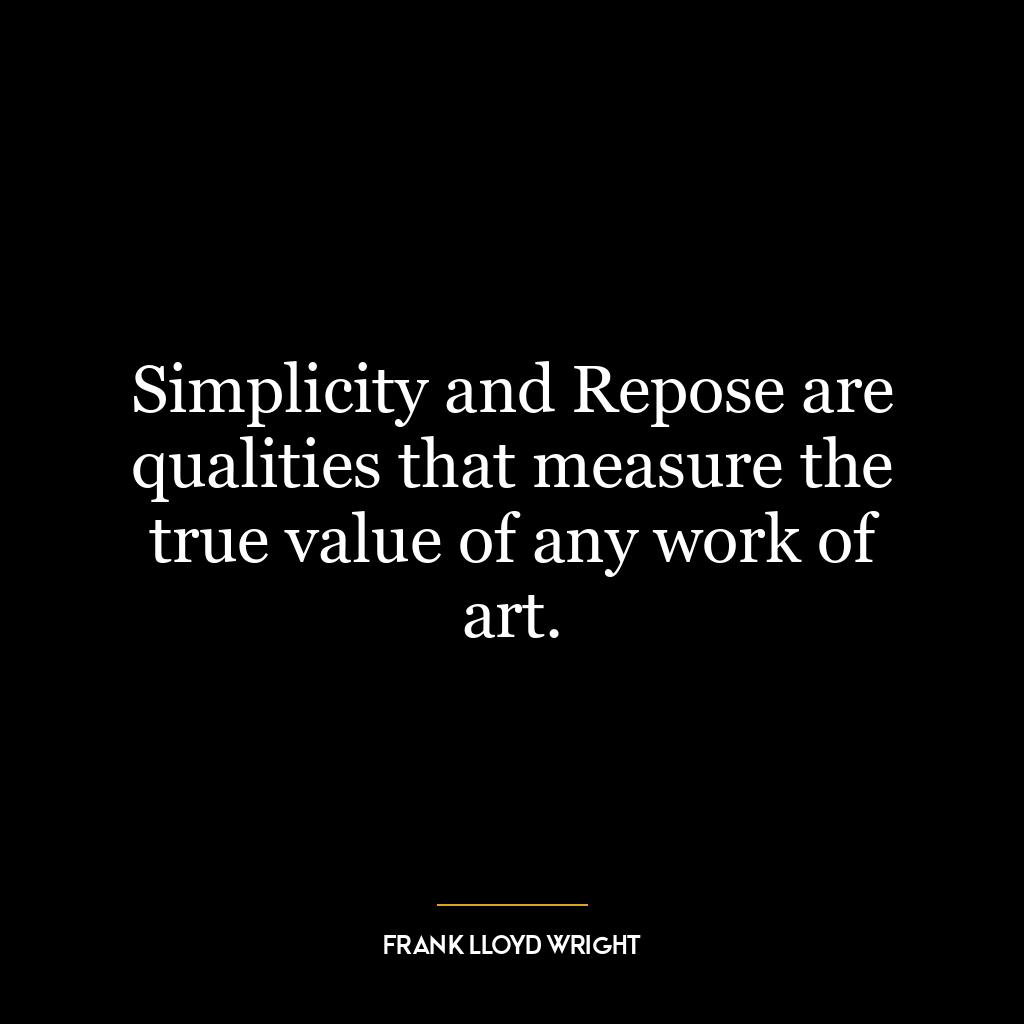The simplicity of your character makes you exquisitely incomprehensible to me” is a paradoxical statement that explores the complexity of human nature. On the surface, it seems contradictory, as simplicity is often associated with being easy to understand, while the term “incomprehensible” suggests the opposite. However, Oscar Wilde is saying that it’s the very simplicity of a person’s character that makes them difficult to understand. This could suggest that Wilde finds depth in simplicity, and that a simple character is not devoid of complexity, but rather possesses a kind of profound, understated depth that is difficult to grasp.
This quote can be interpreted as a commentary on the societal tendency to over-complicate things. In today’s world, we are often encouraged to be multi-faceted, to have a wide range of skills, interests, and experiences. Success is often measured by the number of things we can juggle at once. But Wilde’s quote suggests that there is something admirable, and even mysterious, about simplicity.
In terms of personal development, this quote can serve as a reminder that complexity doesn’t necessarily equate to depth. It reinforces the idea that it’s okay to be “simple” – to have a clear, uncomplicated sense of who you are and what you want in life. It suggests that there is a kind of strength and dignity in simplicity, in being authentically yourself without feeling the need to put on different faces for different people or situations.
Moreover, it highlights the idea that simplicity can be a form of sophistication. In a world where everyone is trying to stand out and be unique, being simple can actually make you more intriguing and difficult to understand. After all, it’s easy to hide behind complexities, but it takes courage to be simple and straightforward.
In conclusion, this quote can be seen as a celebration of simplicity and a critique of unnecessary complexity. It suggests that there is a kind of beauty and depth in simplicity that is often overlooked in our fast-paced, complex society.











